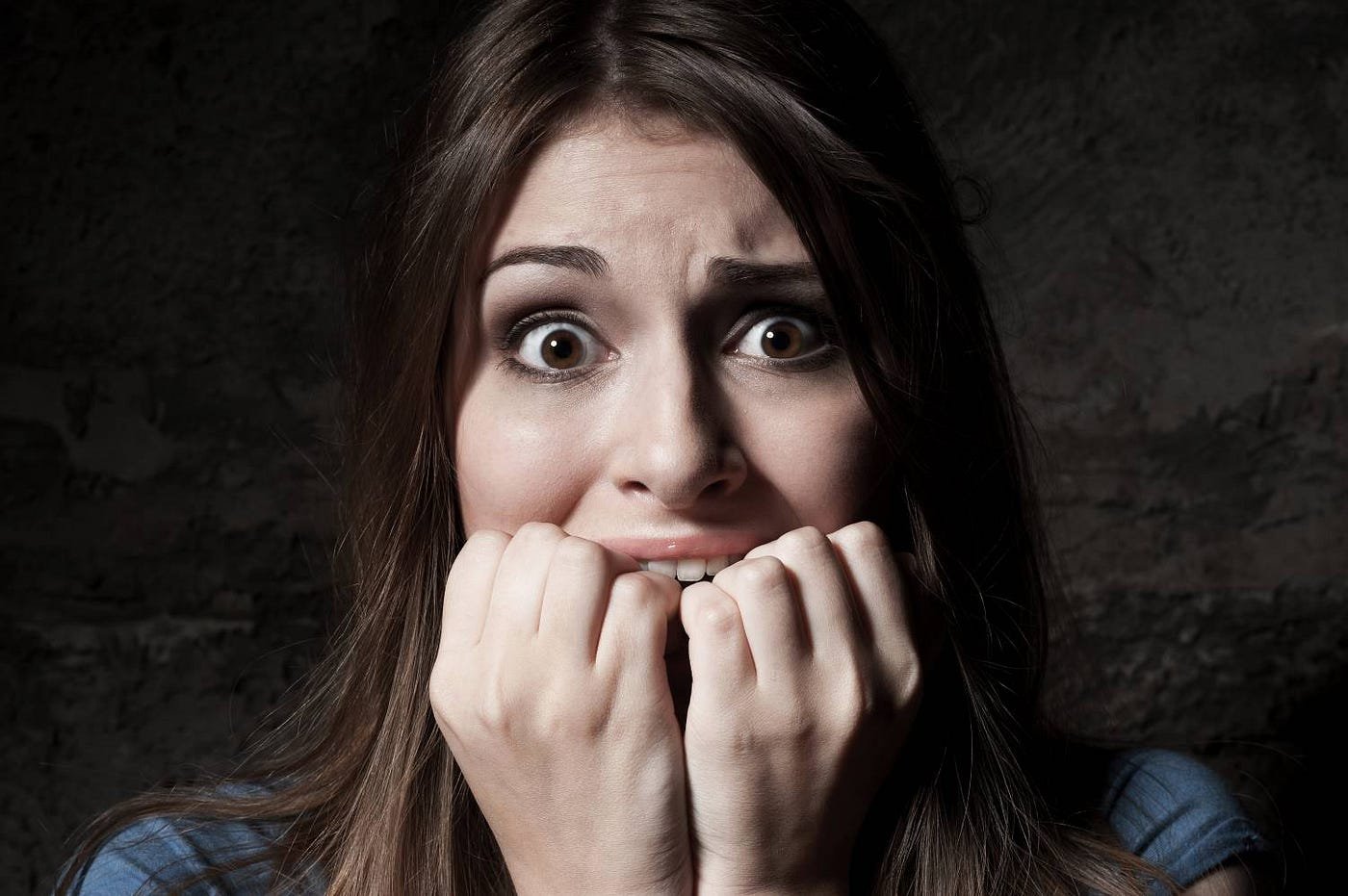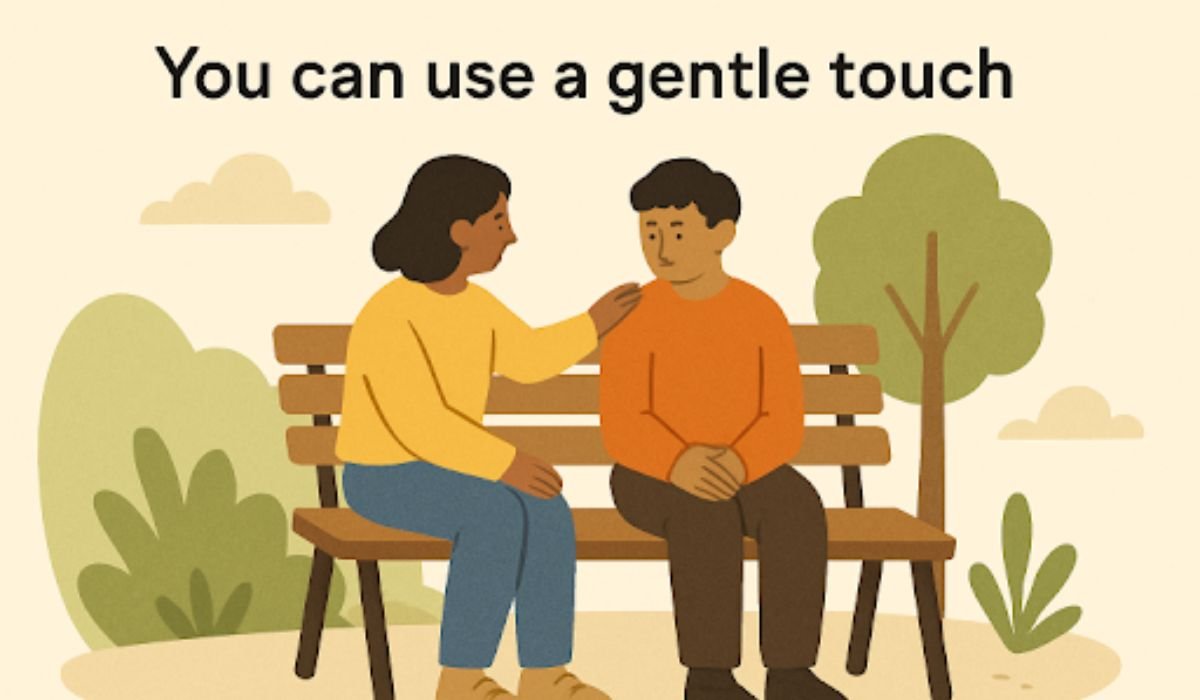Phobias are a psychological disorder that has a wide incidence among the world’s population. Approximately one in twenty people suffers from some kind of phobia. What do they consist of? The diagnostic manual defines mental disorders (DSM-IV) as “a persistent and charged fear that is excessive and irrational, triggered by the presence or anticipation of a specific object or situation”. A phobic person feels an exaggerated and unsupported fear in front of certain situations or objects, and on certain occasions this can even cause physical discomfort: uncontrollable tremors, dizziness, excessive sweating, palpitations, etc. In extreme cases, one can also suffer from panic attacks.
What classes of phobias are there?
There is a broad spectrum of phobias known as specific, so the disorder is known when the fear is triggered by an easily identifiable factor. These phobias have proper names, such as claustrophobia (fear of being locked up), zoophobia (fear of animals), coulrophobia (fear of clowns), triscadecaphobia (fear of the number 13), etc.
Another very common type of phobia is social phobia, which is the disorder in which the person manifests excessive fear and anxiety in situations that involve performing or speaking in public. It should not be confused with shyness, since in the case of phobia this fear implies an impediment for the person when acting normally in society, in his work or family environment.
Why do some people suffer from phobias?
The causes of the onset of a phobia are not always clear. Most of them originate in childhood, although they should not be confused with normal childhood fears that are overcome as the child matures. Phobias persist into adulthood and may even increase even when the patient is aware that his fears are irrational and without foundation.
Some say that there is a certain genetic component to phobias (if a parent suffers from them, they can pass it on to their children), but experts do not all agree on the role played by biology in these cases and how much it corresponds to the growth environment: it is possible that the transmission of fear is due to the fact that the child fears what he observes in relation to his parents.
A traumatic event can trigger a phobia: for example, men or women who have suffered abuse in childhood and who may suffer from some sexual phobia in adulthood.
Can a phobia be cured?
There are several treatments indicated to help those who suffer from phobias, and depending on the case, some are more appropriate than others. From psychoanalysis to conduct therapies, from treatments for gradual approach to the source of fears to hypnosis, also passing through a wide range of medications to control anxiety and psychotropic drugs, the options are varied. In any case, it is necessary to evaluate each patient, because what works in some cases may not be suitable for others and may even be counterproductive. For this reason, when treating a phobia, a professional (a doctor, a psychologist or a psychiatrist) must always intervene in the decision.











